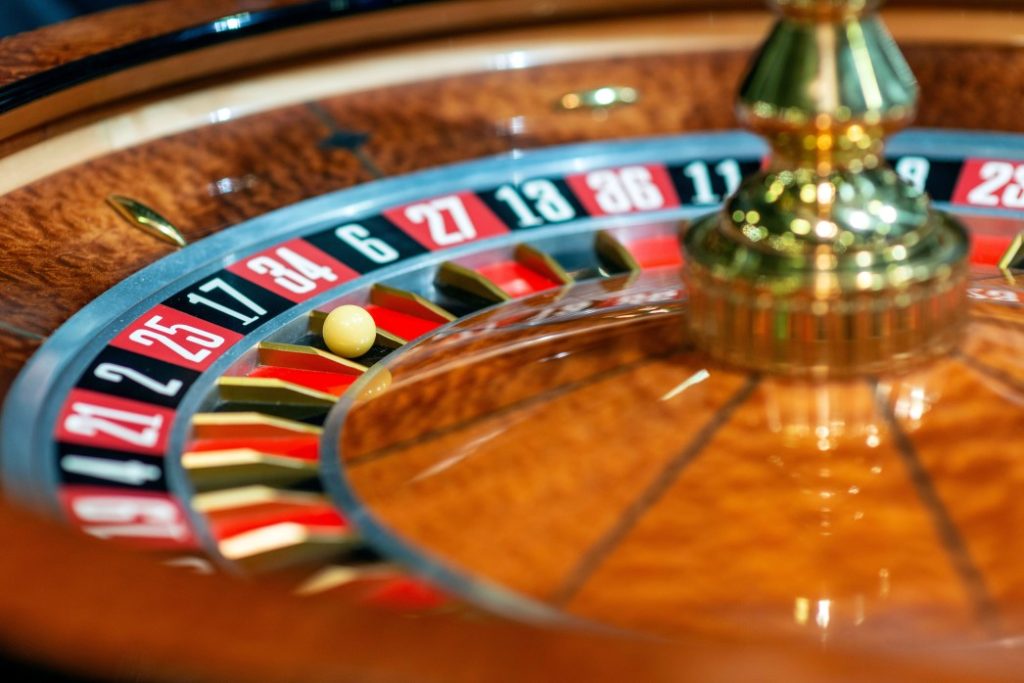How much say should governments get over habits that are fun but can be harmful?
Macau, a ‘special administrative region’ of China, is famous for its casinos. More gambling goes on there than anywhere else in the world. In 2019, before the pandemic caused business to dip, the gambling industry there was worth $36.7 billion dollars. That’s four times bigger than Nevada, home of Las Vegas. But the Chinese government, which has outlawed betting on the mainland, isn’t super keen on this. (The gambling industry was established while Macau was a Portuguese territory, which it was until 1999.)
A new law plans to cap the number of gambling licenses available, and to shorten how long those licenses are valid for. There has also been a crackdown on ‘junkets’; people whose job is to entice rich Chinese mainlanders to come play in Macau’s casinos. There will be fewer licenses available for them too, and casinos will no longer be able to share revenues with junkets or provide rooms in casinos for junkets to operate out of. China has also arrested the head of Macau’s biggest junket firm, on the basis that a junket’s role can be read as ‘assisting cross-border gambling’, which it decided last year was also illegal.
This sort of set up, where a government begrudgingly allows some gambling but is generally pretty against it, is quite common. America is another prominent example. There, casino gambling is legal statewide in only two states. That's because the thing with the gambling industry is that it has big economic benefits and also big economic and social costs.
Let's start with the benefits. The gambling business is extremely profitable. That success creates lots of jobs, and also lots of new tax revenue for governments, which can then be spent on useful things like education or healthcare systems. Plus casinos provide something beneficial to many gamblers: fun! There is a thrill to taking our chances on the roulette wheel or blackjack. Up to a point, the pleasure of playing can be worthwhile even if we ultimately lose our betting money - as long as it's money we can afford to lose, then it’s not much different to spending our cash on some beers or a cinema ticket or whatever.
The problem, of course, is that it’s not uncommon for gamblers to lose more money than they can afford to. Plus, gambling firms often make this more likely to happen: they have a financial incentive to exploit human psychology to push us into making rash decisions we later regret. The question of how much this is the government’s problem, or how much responsibility the state has to protect us from making ‘bad’ decisions, is a much-debated question.
Gambling laws have historically been tied up with a lot of social ideas about morality - the idea that betting, regardless of how much you lose, is just an evil thing to do. That could seem over-paternalistic to a lot of modern societies, especially ones with a clear line between church and state. A separate concern is that the state can end up on the hook financially when gambling goes south - perhaps via paying for addiction healthcare, or welfare support for the families of people who gamble their life savings away. The more resources governments have to divert to these sorts of issues, the fewer they have to put towards other problems. Some would say that builds a case for societies and governments to have a say in individuals’ gambling habits.
Read our explainer on: what do governments do?

